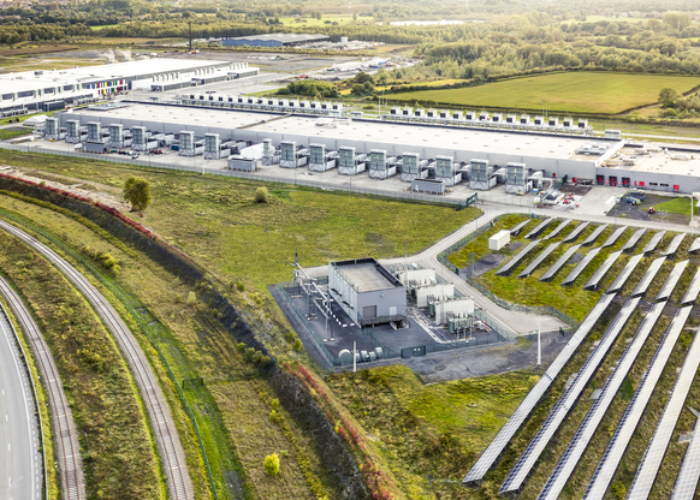The Australian Capital Territory, the country’s federal district and home of national capital Canberra, is supporting the planned roll-out of 36MW of customer-sited batteries by funding a further AU$3 million (US$2.39 million) in rebates.
Targeting 100% renewable energy as early as the year 2020, the ACT established the Next Generation Energy Storage scheme as part of the roadmap towards that plan. Round one was held as a pilot in 2016, awarding AU$600,000, while a second round ended in December 2017 with AU$2 million awarded through a competitive selection process.
Try Premium for just $1
- Full premium access for the first month at only $1
- Converts to an annual rate after 30 days unless cancelled
- Cancel anytime during the trial period
Premium Benefits
- Expert industry analysis and interviews
- Digital access to PV Tech Power journal
- Exclusive event discounts
Or get the full Premium subscription right away
Or continue reading this article for free
Shane Rattenbury, a member of the Green Party and ACT’s minister for climate change and sustainability, announced on Friday that the third round will go ahead with AU$3 million of funding available. The Next Generation Energy Storage programme is expected to pay out AU$25 million to help get the region to its 36MW goal, which would mean batteries had been installed in about 5,000 homes in just over two years. ACT also wants to hit net zero emissions by 2050 “at the latest,” Rattenbury said.
"One of the largest household battery storage programmes in the world…"
Battery systems must be connected to an existing or new solar installation at a customer’s house. Homeowners will receive up to AU$825 per kilowatt of sustained peak output, equating to around AU$4,000 for the average household system. The offer is also open to businesses.
On local television Shane Rattenbury called the 36MW target for ACT “one of the largest household battery programmes in the world”. Around 400 systems have been installed so far in Canberra and the programme overall has contributed to the deployment of 1MW of systems. One battery system owner interviewed by ABC News said that since installing the system “90% of the time, there’s free electricity”, claiming that bills that used to be around AU$1,600 a quarter are now close to if not already at “zero this time around”.
For the ACT, the installation of batteries is intended to reduce peak demand and help power companies avoid costly transmission and distribution infrastructure upgrades. The ACT has estimated a successful programme could save the territory AU$220 million.
The programme also builds on the progress of Canberra’s 250-home ‘virtual big battery’, switched on at the beginning of this year, aggregating the systems to provide balancing for the grid and allowing residents to sell solar-generated power at a significantly higher price than available to them through feed-in tariff (FiT) policies.
Six new companies have been added to the list of battery storage providers to join Evergen and EPC Solar, which are existing programme partners. The new additions are Actew AGL Retail, Harvey Norman Commercial Division, ITP Home Energy, Power Saving Centre, Solargain and Solarhub. Households are required to contact these providers directly to participate in the Next Generation rebate programme, with the ACT government pointing out that it is not endorsing any of the providers directly, making it the responsibility of individuals and businesses to evaluate each product or service.






